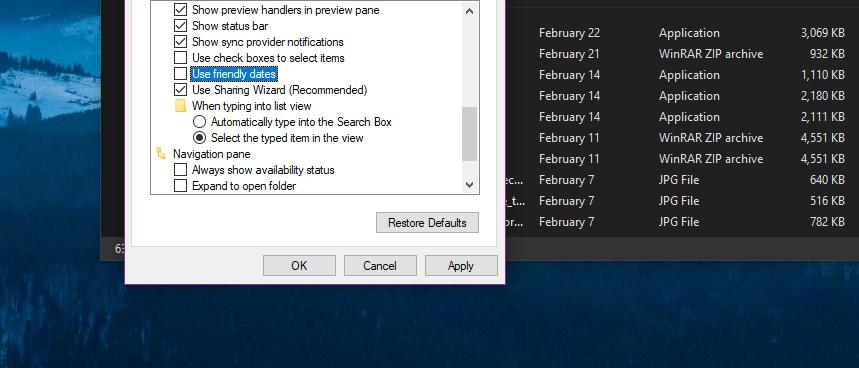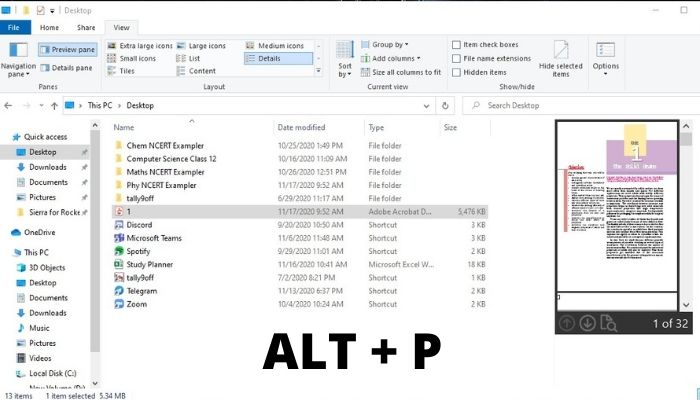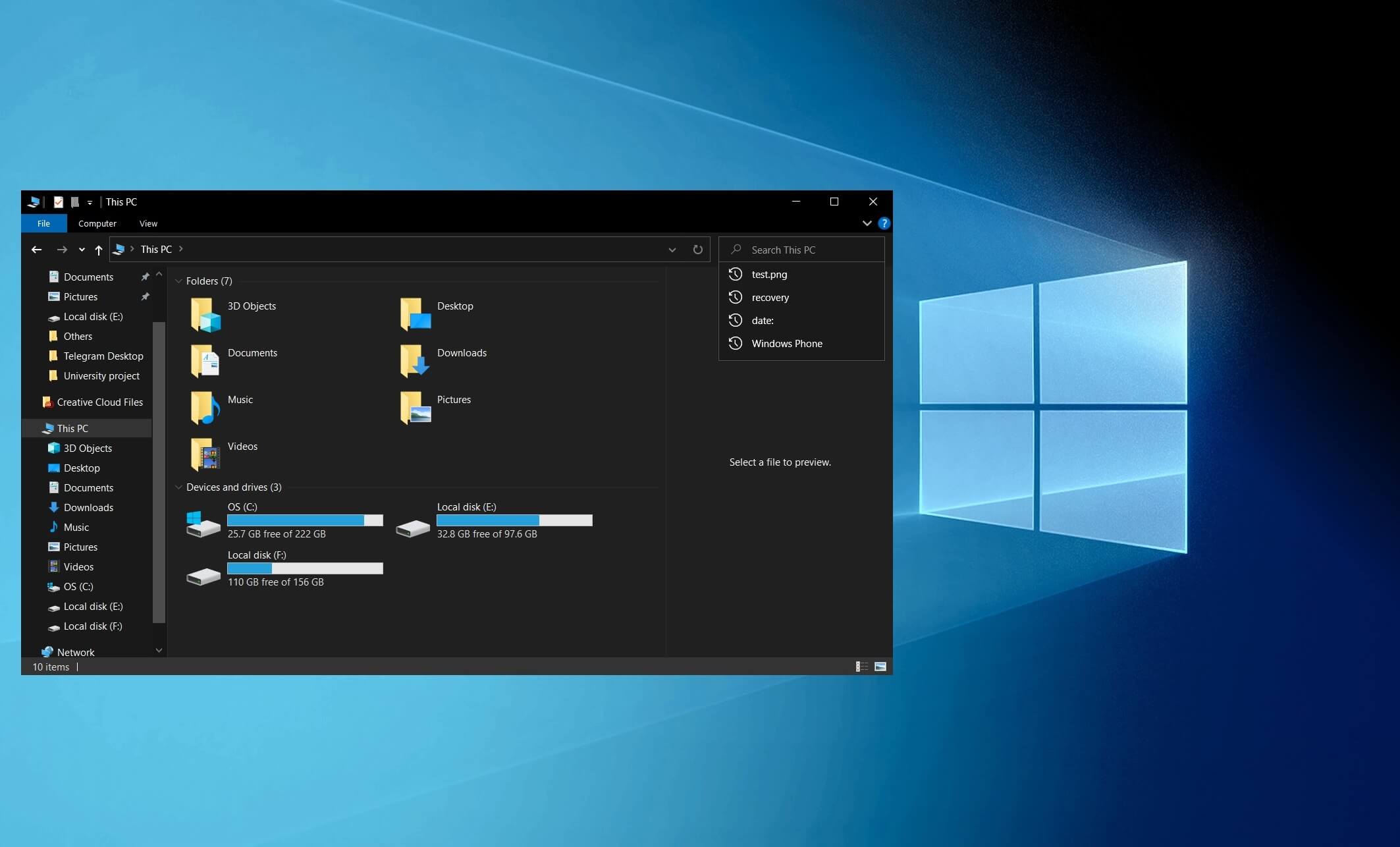

Because the results list is a standard Explorer window, you can choose any view. The results appear in an Explorer window to the right of the Search pane.
#WINDOWS 10 EXPLORER FIND FILES BY DATE WINDOWS#
If you enter annual reportĪs the search term, Windows will find any files whose names contains either Separate the search terms with a semicolon. To search for files whose names contain any of the search terms you enter, The files 2001 Annual Report and Status Report: Annual. Thus, entering annual report as the search term finds If you enter multiple words separated by a space, the search returns allįiles that contain both those words in the filename, even if the name contains For example, if you enter log as the search parameter, Windows turns up all files that contain the words log, logo, catalog, and technology. Windows compares the text you enter in the Search for Files or Folders Named box with the name of every file and folder in the specified location, returning a result if that string of characters appears anywhere in a filename. But don't provide too much information if you do, you're likely to miss the file you're looking for, especially if the spelling of the filename is even slightly different from what you enter. The more details you provide about a filename, the more restrictive the results. Options box, place a check- mark in the box, and clear the Search Subfolders To restrict the search to only the specified folder, check the Advanced

For instance, you might enter C:\My Documents D:\Dataifīy default, Windows searches in all subfolders of the location you selected. Including the drive letter or Universal Naming Convention (UNC) style serverĪnd share name, for each location. You can specify multiple locations in the Look In box. My Computer (searches all local hard drives as well as floppy and CD-ROMĪny local drive, including floppy and CD-ROM/DVD drivesīrowse (opens a dialog box so you can select a specific folder) You can accept the default value, enter a folder name directly (C:\Windows,įor example), or click the drop-down list to select any of the following Or folder icon, that location appears in the Look In box if not, Windowsįills in Local Hard Drives as the location, listing all local drives by If you opened the Search Assistant by right-clicking a drive

With the letter b and contains exactly four characters, with anyĬlick in the Look In box and select the drives or folders where you want On the other hand, a search for b* finds only files that begin withī, and a search for b? returns any file whose name begins That include that letter anywhere in the name or extensiona huge list. In the Search for Files or Folders Named box, Windows returns all files (The file extension is not necessary.)Īre not required in the Named box, but they can be extremely useful in helping

Use the Search Assistant to find a file anywhere on your computer or across Windows displays the Search for Files and Folders Explorer Bar, as shown in Figure 3.12. (If an Explorer window is open, click the Search button.) If you know you want to search in a specific folder or drive, right-click the folder or drive icon and choose Search from the shortcut menu. To begin searching for a file on a local disk or shared network drive, click the Start button and choose Find, Files or Folders. You also can search for other details, such as the size and type of the file, the date it was created, or a fragment of text within the file. Using the Search Assistant, you can hunt down misplaced files, if you can remember any portion of the filename. When that happens, use Windows Me's Search Assistant, a greatly improved version of the Find Files or Folders utility from Windows 95 and 98. (On my C: drive, for instance, Windows is keeping track of 26,141 files and folders, collectively occupying some 6.23GB of disk space.) It's perfectly normal to lose track of one or more of those files (or even an entire folder) occasionally. A hard disk whose capacity is measured in gigabytes can hold tens of thousands of files in hundreds or even thousands of folders.


 0 kommentar(er)
0 kommentar(er)
